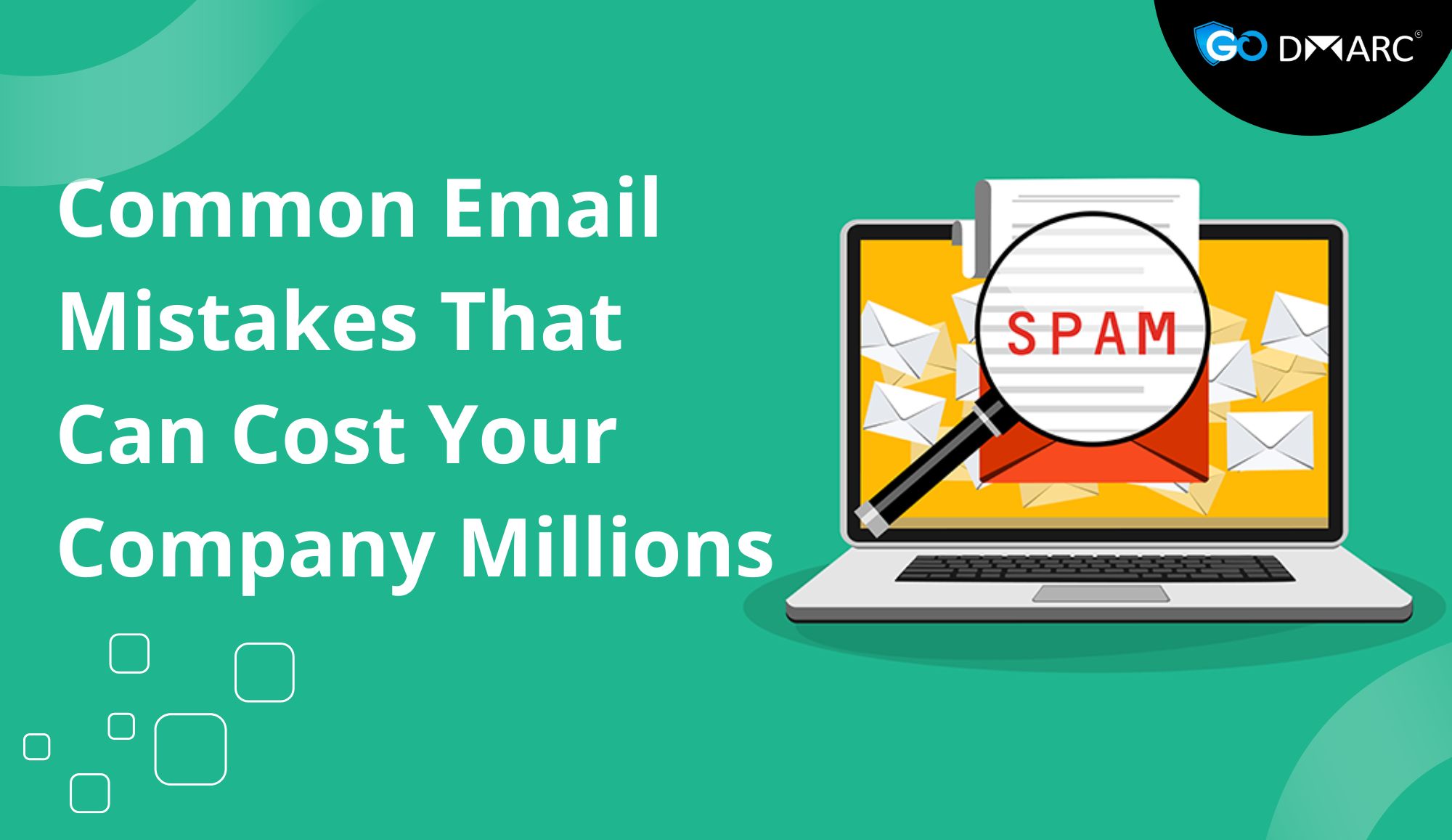Introduction
Email security is a critical aspect of modern communication, and organizations must ensure their emails reach the intended recipients without being marked as spam. One of the most important factors influencing email deliverability is the reputation of the SMTP IP address. GoDMARC provides a robust SMTP IP reputation analysis tool to help businesses enhance their email deliverability and security.
In this blog, we will explore how GoDMARC’s SMTP IP reputation analysis works, why it is essential for email security, and how it contributes to improved deliverability. Additionally, we will provide an in-depth analysis of email authentication protocols, best practices to maintain a high SMTP IP reputation, and how businesses can leverage GoDMARC’s solutions for optimal results.
Understanding SMTP IP Reputation
SMTP IP reputation refers to the credibility of an IP address used to send emails. Internet Service Providers (ISPs) and email service providers (ESPs) assess this reputation based on factors like email sending patterns, spam complaints, and domain authentication records. A poor reputation can lead to emails being filtered as spam or rejected outright.
GoDMARC’s SMTP IP reputation analysis provides real-time monitoring and insights into how an organization’s sending IP is perceived by ISPs. By leveraging this tool, businesses can identify and rectify issues that may impact email delivery.
Factors Affecting SMTP IP Reputation
Several key factors determine the reputation of an SMTP IP address. Businesses must understand and manage these factors to maintain high deliverability rates:
- Email Volume and Sending Patterns
- ISPs monitor the number of emails sent from a particular IP address over time. Sudden spikes in volume can trigger spam filters.
- Consistency in sending volume helps establish a trustworthy reputation.
- Blacklist Listings
- IP addresses that send large amounts of spam or suspicious emails may be blacklisted by services like Spamhaus, Barracuda, and SURBL.
- Regular monitoring and timely delisting requests are crucial.
- Spam Complaint Rate
- Users marking emails as spam negatively impact the sending IP’s reputation.
- Engaging content and clear unsubscribe options help reduce complaints.
- Bounce Rate
- A high bounce rate indicates poor list hygiene and negatively affects reputation.
- Regularly updating and cleaning email lists minimizes bounce rates.
- Authentication Compliance
- Ensuring compliance with SPF, DKIM, and DMARC policies improves reputation and prevents spoofing attacks.
Importance of SMTP IP Reputation Analysis
A strong SMTP IP reputation ensures that legitimate emails reach their destination without delays. Several factors can negatively affect an IP’s reputation, including:
- High volume of spam complaints
- Blacklist listings
- Poor email authentication practices
- High bounce rates
With GoDMARC’s SMTP IP reputation analysis, businesses can:
- Monitor their email sending behavior.
- Detect blacklisting issues early.
- Improve overall email security.
- Enhance email deliverability rates.
By continuously monitoring these elements, businesses can take proactive steps to maintain an optimal SMTP IP reputation.
How GoDMARC’s SMTP IP Reputation Analysis Works
GoDMARC provides a comprehensive analysis of SMTP IP reputation through:
1. Real-time Monitoring
- Tracks sending IP performance across various ISPs and blacklists.
- Provides instant alerts on reputation changes.
2. Reputation Scoring
- Evaluates the credibility of an IP and provides actionable insights.
- Generates detailed reports on deliverability metrics.
3. Blacklist Checks
- Identifies if an IP is listed on major blacklists and offers remediation guidance.
- Helps businesses request removal from blacklists.
4. DMARC Email Security Enforcement
- Ensures compliance with authentication protocols like SPF, DKIM, and DMARC.
- Reduces the risk of email spoofing and phishing attacks.
By integrating GoDMARC’s SMTP IP reputation analysis with existing email security frameworks, organizations can take proactive steps to maintain a positive sending reputation.
Best Practices for Maintaining a High SMTP IP Reputation
1. Implementing Email Authentication Protocols
- SPF (Sender Policy Framework): Defines authorized mail servers for a domain.
- DKIM (DomainKeys Identified Mail): Uses cryptographic signatures to verify email authenticity.
- DMARC (Domain-based Message Authentication, Reporting & Conformance): Enforces email authentication policies to prevent spoofing.
2. Managing Email Lists Effectively
- Regularly remove inactive or invalid email addresses.
- Use double opt-in methods to ensure subscriber legitimacy.
3. Monitoring Blacklist Status
- Use tools like GoDMARC to check blacklist status and request delisting when necessary.
4. Optimizing Email Content
- Avoid using spam-trigger words like “free,” “buy now,” and “limited time offer.”
- Provide valuable and engaging content to recipients.
5. Reducing Spam Complaints
- Offer easy unsubscribe options.
- Send emails only to users who have opted in.
Leveraging DMARC Email Security for Maximum Protection
DMARC (Domain-based Message Authentication, Reporting, and Conformance) is a key component of email security. It enables domain owners to protect their email domains from unauthorized use, preventing phishing and spoofing attacks.
GoDMARC’s SMTP IP reputation analysis integrates seamlessly with DMARC policies to enhance security and deliverability. By enforcing DMARC policies, businesses can:
- Authenticate legitimate emails
- Prevent domain spoofing
- Gain visibility into email traffic
- Reduce email fraud risks
Case Study: Enhancing Email Deliverability with GoDMARC
Background
A financial services firm faced deliverability issues due to a declining SMTP IP reputation. Despite following standard email practices, their emails were landing in spam folders, affecting customer engagement.
Challenges
- Increased spam complaints
- Multiple blacklisting incidents
- Low DMARC compliance
Solution
With GoDMARC’s analysis, they identified blacklisting issues and authentication gaps. After implementing GoDMARC’s recommendations, the firm saw:
- A 40% improvement in email deliverability.
- Successful removal from multiple blacklists.
- A significant reduction in spam complaints.
Conclusion
SMTP IP reputation plays a crucial role in email deliverability. GoDMARC’s SMTP IP reputation analysis provides organizations with the tools they need to monitor, analyze, and improve their sending reputation. By integrating this solution with DMARC email security, businesses can ensure secure, reliable, and efficient email communication.
For organizations looking to enhance their email security and deliverability, GoDMARC offers an effective solution that empowers businesses to stay ahead of potential threats while maintaining high email performance.




